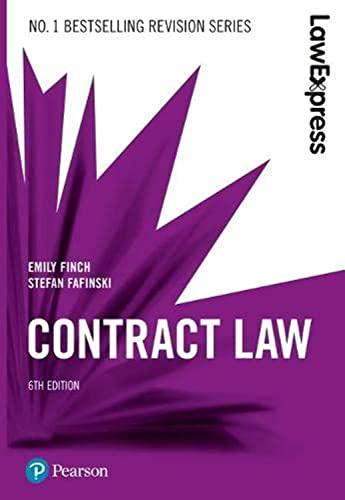Question
3-1. Jury Selection. Benjamin Omoruyi was convicted in a federal district court for the possession of counterfeit securities in violation of federal law. Omoruyi appealed
3-1. Jury Selection. Benjamin Omoruyi was convicted in a federal district court for the possession of counterfeit securities in violation of federal law. Omoruyi appealed his conviction to the U.S. Court of Appeals for the Ninth Circuit, arguing that the district court erred by permitting the government to peremptorily challenge female prospective jurors on the basis of gender. (In a previous case decided by the Ninth Circuit, that court had held that equal-protection principles prohibit striking potential jurors on the basis of gender.) The first government peremptory challenge was exercised against an unmarried white woman, and the second was exercised against an unmarried black woman. Omoruyi objected to the second challenge on the basis that it was racially discriminatory. In response to the district court's request to explain the challenge, the government counsel responded: "Because she was a single female and my concern, frankly, is that she, like the other juror I struck, is single and given defendant's good looks would be attracted to the defendant." The district court denied Omoruyi's motion for a new jury. In response to Omoruyi's allegations on appeal, the government argued that the peremptory strikes were based on marital status, not gender. How should the court decide? Discuss fully. [United States v. Omoruyi, 7 F.3d 880 (9th Cir. 1993)]
Step by Step Solution
There are 3 Steps involved in it
Step: 1

Get Instant Access to Expert-Tailored Solutions
See step-by-step solutions with expert insights and AI powered tools for academic success
Step: 2

Step: 3

Ace Your Homework with AI
Get the answers you need in no time with our AI-driven, step-by-step assistance
Get Started


